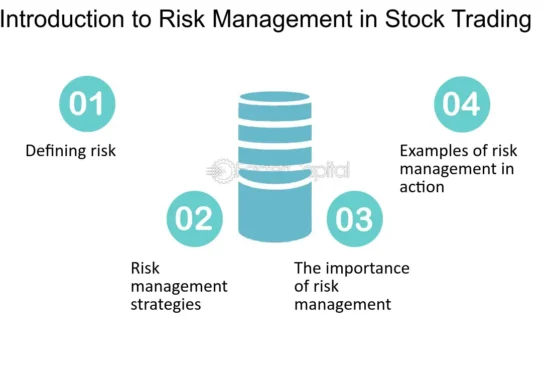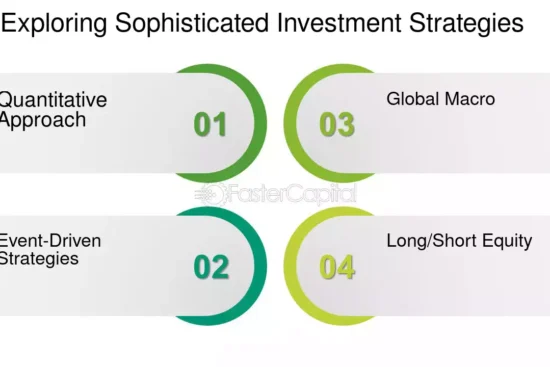Cryptocurrency
Cryptocurrency represents a new frontier in digital finance, offering opportunities and risks. It includes various digital or virtual currencies that use cryptography for security. Learn about the basics of cryptocurrency, including how it works, the different types available, and the factors influencing their value. Explore the potential benefits and risks associated with investing in cryptocurrencies and how to navigate this evolving market.
Learn about the fundamentals of cryptocurrency, its types, and the risks and benefits of investing in this digital asset class.
Frequently Asked Questions
Cryptocurrency is a digital or virtual currency that uses cryptography for security. Unlike traditional currencies issued by governments (fiat currencies), cryptocurrencies operate on decentralized networks based on blockchain technology. This decentralized nature means that transactions and record-keeping are maintained by a network of computers rather than a central authority. Examples include Bitcoin, Ethereum, and Binance Coin.
Cryptocurrencies work on a technology called blockchain, which is a decentralized digital ledger. Each transaction is recorded in a block, and these blocks are linked together in a chain. This blockchain is maintained by a network of computers (nodes) that validate and record transactions through a consensus mechanism. Cryptocurrencies can be bought, sold, and traded on various exchanges, and their transactions are typically secure and transparent.
The most popular cryptocurrencies include:
- Bitcoin (BTC): The first and most well-known cryptocurrency, often called digital gold.
- Ethereum (ETH): Known for its smart contract functionality, allowing developers to build decentralized applications (dApps) on its platform.
- Binance Coin (BNB): Created as a utility token for the Binance cryptocurrency exchange, it is now widely used in various applications.
- Cardano (ADA): Aims to create a more secure and scalable blockchain through a research-driven approach.
- Solana (SOL): Known for its high-speed transactions and low costs, it is often used in decentralized finance (DeFi) projects.
To buy cryptocurrency, you must use a cryptocurrency exchange, such as Coinbase, Binance, or Kraken. After purchasing, you can store your crypto in a digital wallet. Wallets come in various forms:
- Software Wallets: Apps or programs on your computer or mobile device.
- Hardware Wallets: Physical devices that store your cryptocurrency offline for enhanced security.
- Paper Wallets: Physical documents with your private and public keys printed on them.
Investing in cryptocurrency carries several risks, including:
- Volatility: Cryptocurrency prices fluctuate quickly, leading to significant gains or losses.
- Regulatory Risks: Cryptocurrencies are subject to varying regulations worldwide, which can impact their value and legality.
- Security Risks: Hacks and fraud can result in the loss of your cryptocurrency holdings. It is crucial to ensure the security of your wallets and use reputable exchanges.
- Lack of Regulation: The cryptocurrency market needs to be more regulated compared to traditional financial systems, which can lead to increased risks.
Yes, cryptocurrency can be used for everyday purchases, though its acceptance is still limited compared to traditional currencies. Some businesses and online retailers accept cryptocurrency as payment, and there are payment processors that facilitate crypto transactions. However, the use of cryptocurrency for everyday purchases is growing, and more businesses are beginning to accept it.
Key Terms
A decentralized digital ledger that records all transactions across a network of computers. Each block contains transaction data linked to the previous block, forming a chain.
A digital tool used to store, send, and receive cryptocurrency. Wallets can be software-based (online or mobile apps), hardware-based (physical devices), or paper-based (printed keys).
The process of validating and adding new transactions to the blockchain. Miners use computational power to solve complex mathematical problems, earning rewards through cryptocurrency.
Self-executing contracts with the terms of the agreement directly written into code. They run on blockchain platforms like Ethereum and facilitate, verify, and enforce the terms of agreements automatically.
An emerging financial system built on blockchain technology aims to provide traditional financial services (such as lending, borrowing, and trading) decentralized without intermediaries.
Public keys are cryptographic codes that can be shared openly and are used to receive cryptocurrency. Private keys are confidential codes used to access and control your cryptocurrency holdings and should be kept secure.
Related Post
-
David Harper
- 16 Aug 2024
Mastering Stock Market Dynamics: How Prices Move and Why
With its ever-fluctuating numbers and cryptic jargon, the stock market can seem like a complex and intimidating realm. Yet, beneath…
-
David Harper
- 16 Aug 2024
Introduction to Stock Investing Building Wealth and Managing Risks
The world of finance can seem like a complex labyrinth filled with jargon and intimidating charts. Stock quotes flicker across…
-
David Harper
- 16 Aug 2024
Exploring Options: Leveraging Strategies for Advanced Investors
The investment landscape offers diverse opportunities, catering to investors of all experience levels. While a solid foundation in core principles…
-
David Harper
- 16 Aug 2024
Navigating Market Volatility: Strategies for Stability
With its relentless ticker tape spewing numbers and jargon, the stock market can feel like a complex machine hurtling through…
-
David Harper
- 16 Aug 2024
Demystifying Bonds and Commodities: Alternative Investment Avenues
The stock market might dominate the financial headlines, but a successful investor knows the importance of venturing beyond the familiar.…
-
David Harper
- 16 Aug 2024
Understanding Stocks: Basics, Analysis, and Portfolio Strategies
Imagine yourself strolling through a bustling marketplace, but instead of fruits and vegetables, the stalls overflow with tiny pieces of…






